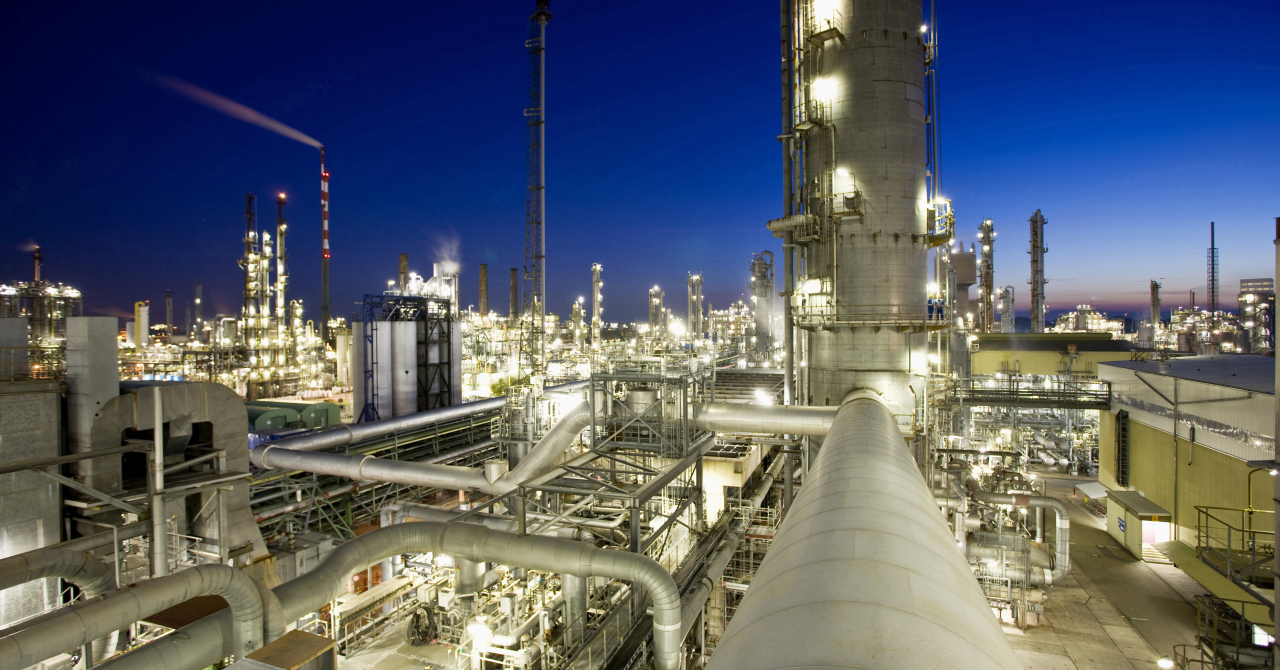BASF also provided investor representatives with an update on its progress on the path to climate neutrality, starting with the original goal of ensuring climate-neutral growth in the 2018 strategy. In March 2021, BASF increased this ambition and set reduction targets for Scope 1 and 2 emissions: a 25 percent reduction by 2030 compared with 2018 and net zero by 2050. To achieve these goals, BASF is focusing on the use of renewable energies and technologies for carbon abatement.
In view of the progress the company has made in obtaining reliable primary data for the emissions associated with purchased raw materials, BASF is now confident that it has a sufficiently solid foundation to set targets for reducing its Scope 3.1 emissions. By 2030, BASF aims to reduce its specific Scope 3.1 emissions by 15 percent compared with 2022 across the portfolio – from 1.57 to 1.34 kilograms of CO2 per kilogram of raw material bought.
Dr. Martin Brudermüller, Chairman of the Board of Executive Directors of BASF SE, "we have defined a specific target because our focus is on improving the product carbon footprint of our sales products, which we calculate in kilograms of CO2 per kilogram of BASF product sold."
"Our ambitions and efforts in the short and long term are clear: BASF will work with both customers and suppliers to find pragmatic solutions that are both cost-efficient and good for the environment. Our long-term ambition is also clear: We are committing to achieving net-zero Scope 3.1 emissions by 2050", he added.
The announcement was made during an update for investors and analysts in Ludwigshafen at which Dr. Martin Brudermüller, Chairman of the Board of Executive Directors of BASF SE, and Dr. Dirk Elvermann, Chief Financial Officer, reported on progress in the implementation of the corporate strategy announced in 2018. Brudermüller and Elvermann outlined how the company is delivering on the priorities for the use of cash laid out in the strategy and also presented a new differentiated approach to steering businesses for more profitability.
BASF’s corporate strategy is based on organic growth. Between 2018 and 2022, the company allocated around 60 percent of its spending to capital expenditures and research and development.
"We are combining the benefits of a more differentiated approach to steering individual businesses with the advantages provided by the Verbund and our setup as an integrated company", Elvermann added.
Businesses that are less deeply integrated into the Verbund will gain more space to meet the needs of their specific customer industries while keeping the benefits of an integrated company. This approach will apply to Battery Materials and Coatings within the Surface Technologies segment as well as to Agricultural Solutions.
BASF will continue to manage its Verbund businesses – comprising the Chemicals, Materials, Industrial Solutions and Nutrition & Care segments – along value chains and will generate value through the efficient use of resources, bundling of demand and synchronized, deeply integrated production.
Looking forward, value chain management will become even more crucial because the company will attach sustainability attributes such as the product carbon footprint or biomass or recycled content to its products.
With differentiated steering, BASF will also introduce new KPIs for its operating divisions. Businesses with a focus on a single industry will be more stringently steered by industry specific KPIs, while businesses more deeply integrated into the Verbund will be steered along value chains.
 Mihai - Cristian Ioniță
Mihai - Cristian Ioniță












Any thoughts?